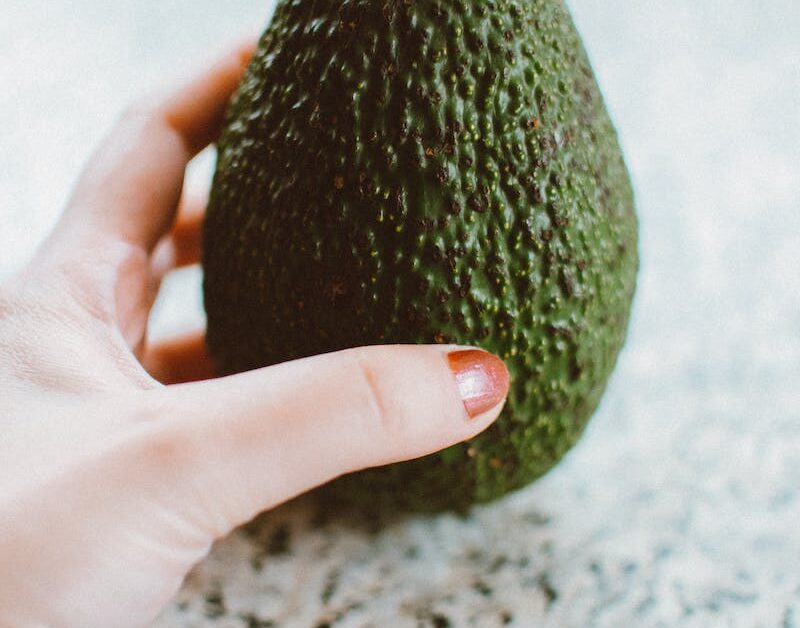Keto FAQ: Answers to Your Burning Questions
As the ketogenic diet continues to gain popularity, it’s no surprise that many people have questions about this low-carb, high-fat eating plan. Whether you’re considering starting a keto diet or you’re already following one, it’s important to have a clear understanding of the fundamentals. In this article, we’ll address some of the most frequently asked questions about the keto diet and provide you with valuable insights to help you navigate this fascinating dietary approach.
What is the ketogenic diet?
The ketogenic diet, often referred to as keto, is a low-carb, high-fat eating plan that has been shown to offer numerous health benefits. The primary goal of the keto diet is to shift your body into a metabolic state called ketosis, where it primarily burns fat for fuel instead of carbohydrates. By drastically reducing your carbohydrate intake and increasing your fat consumption, you can encourage your body to enter ketosis and become more efficient at burning fat.
What foods can I eat on a keto diet?
When following a keto diet, it’s important to focus on consuming foods that are low in carbohydrates and high in healthy fats. Here are some examples of foods that are typically included in a ketogenic diet:
- Meat and poultry: Beef, chicken, turkey, and other animal proteins
- Fatty fish: Salmon, trout, tuna, and mackerel
- Eggs: A versatile and nutritious source of protein and fat
- Healthy fats: Avocado, olive oil, coconut oil, and butter
- Low-carb vegetables: Leafy greens, broccoli, cauliflower, and zucchini
- Nuts and seeds: Almonds, walnuts, chia seeds, and flaxseeds
- Dairy products: Cheese, heavy cream, and full-fat yogurt
What foods should I avoid on a keto diet?
While following a keto diet, it’s important to limit or avoid foods that are high in carbohydrates. Here are some examples of foods that are typically restricted on a ketogenic diet:
- Grains and starches: Bread, rice, pasta, and cereal
- Sugary foods: Candy, soda, and desserts
- Fruits: High-sugar fruits like bananas, grapes, and oranges
- Legumes: Beans, lentils, and chickpeas
- Root vegetables: Potatoes, carrots, and sweet potatoes
- Processed foods: Packaged snacks, fast food, and processed meats
What are the potential benefits of a keto diet?
The ketogenic diet has gained attention for its potential health benefits. While individual results may vary, here are some potential benefits that have been reported by those following a keto diet:
- Weight loss: The keto diet can be an effective tool for weight loss due to its ability to promote fat burning.
- Improved blood sugar control: By reducing carbohydrate intake, the keto diet may help stabilize blood sugar levels.
- Increased energy levels: Many people report experiencing increased energy and mental clarity while following a keto diet.
- Reduced inflammation: Some studies suggest that the keto diet may help reduce inflammation in the body.
- Improved heart health: The keto diet may help improve markers of heart health, such as cholesterol levels.
Are there any potential side effects of a keto diet?
While the keto diet can offer numerous benefits, it’s important to be aware of potential side effects that some individuals may experience:
- Keto flu: When transitioning to a keto diet, some people may experience flu-like symptoms, such as fatigue, headache, and irritability. These symptoms are often temporary and can be alleviated by staying hydrated and ensuring adequate electrolyte intake.
- Digestive issues: Some individuals may experience digestive issues, such as constipation or diarrhea, when first starting a keto diet. Increasing fiber intake and staying hydrated can help alleviate these symptoms.
- Changes in cholesterol levels: While the keto diet may improve cholesterol levels for some individuals, others may experience an increase in LDL cholesterol. It’s important to monitor cholesterol levels regularly and consult with a healthcare professional if necessary.
Is the keto diet suitable for everyone?
The keto diet may not be suitable for everyone, and it’s important to consider individual needs and health conditions before starting any new diet. Certain groups of people, such as those with diabetes or kidney disease, may need to modify the keto diet to suit their specific needs. It’s always recommended to consult with a healthcare professional or registered dietitian before making any significant dietary changes.
By addressing these frequently asked questions, we hope to provide you with a better understanding of the ketogenic diet. Remember, everyone’s body is unique, and what works for one person may not work for another. If you’re considering starting a keto diet, it’s important to listen to your body, monitor your progress, and make adjustments as needed.
